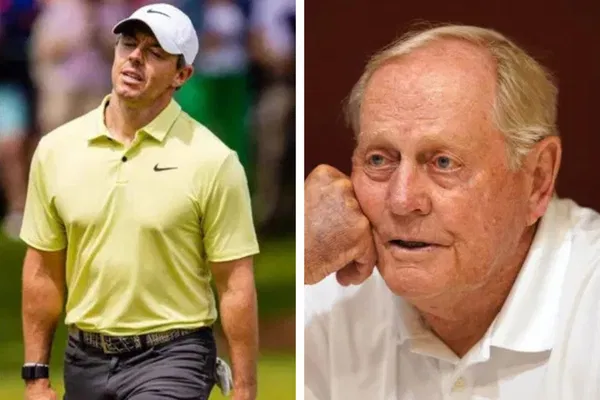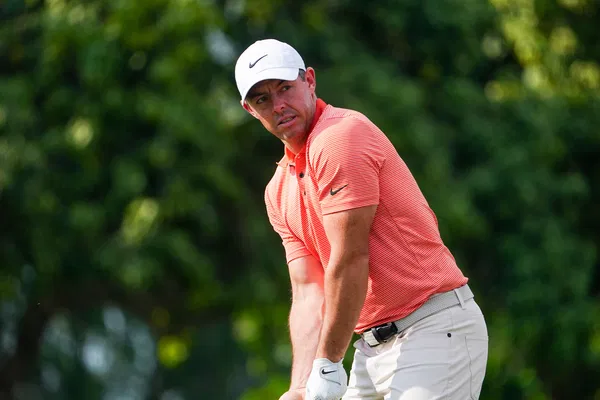
Rory McIlroy’s Strategic Scheduling Sparks Debate on Golf’s New Era
In the golden days of golf, legends like Arnold Palmer were known for attending nearly every event, believing it was part of a golfer’s duty to the fans. From small-town pro-ams to the biggest majors, Palmer’s presence was constant. But times have changed. Today’s stars, including Rory McIlroy, are rewriting the rules—and it’s sparking both criticism and support.
McIlroy recently chose to skip the Memorial Tournament, one of the PGA Tour’s most prestigious signature events, hosted by Jack Nicklaus. While some fans and pundits were quick to criticize the move, others, like golf analyst Brendan Porath, came to his defense on the 5 Clubs podcast. He argued that McIlroy’s decision reflects a more thoughtful approach to scheduling rather than disrespect.
Porath pointed out that McIlroy has made strategic efforts to support other tournaments, such as the Houston Open and Zurich Classic, raising their profiles in ways that benefit the overall PGA Tour. In doing so, McIlroy isn’t abandoning the tour—he’s just choosing where he can make the most impact.

This marks McIlroy’s third missed signature event of 2025, following absences from the Sentry Tournament and the RBC Heritage. Despite this, there are indications he may play the RBC Canadian Open, signaling a balanced approach to his schedule.
The podcast also highlighted the challenge facing the PGA Tour and the Strategic Sports Group: how to encourage top players to consistently participate in key events. McIlroy, once a vocal advocate for unified tour efforts, is now demonstrating that prioritizing rest, recovery, and strategic appearances may be more valuable than adhering to tradition.
In past years, McIlroy frequently played over 25 events annually across multiple tours. But as his career has evolved, so has his philosophy. In 2025, he is expected to participate in around 18-20 events—carefully selected to ensure peak performance, particularly in majors.
Ironically, McIlroy once supported shifting the Memorial Tournament’s schedule to give it more standalone importance. Now, he’s choosing to skip it, favoring events where he feels his presence has a greater effect—like the Canadian Open, where his loyalty has been long-standing.
His decisions also reflect a broader shift in professional golf. Modern players are opting for longevity and peak performance over nostalgia. The focus is on quality over quantity, a stark contrast to the era of players like Palmer and Nicklaus.
Rather than viewing McIlroy’s choices as a betrayal of tradition, many now see them as part of a smarter, more sustainable future for the sport. Even respected voices within the game are beginning to accept that the days of playing every major event may be over.
McIlroy’s approach raises a larger question: is golf entering a new era where strategic scheduling defines greatness, or is it losing a vital connection to its roots? One thing is clear—Rory isn’t just playing the game. He’s changing it.